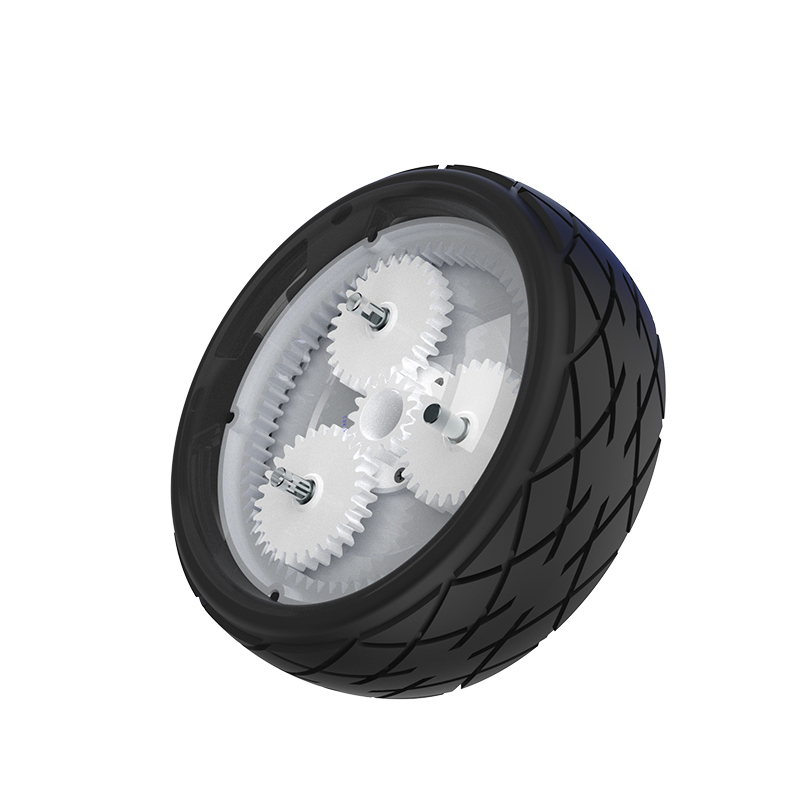Looking into the world of precise control and industrial automation, you’ll often come across DC servo motors. Think about robotics, CNC machines, or even automated camera systems—they all rely on these motors to deliver smooth, accurate, and reliable movements. One thing that stands out when choosing the right motor? The datasheet. It’s like the blueprint to understanding what you’re really getting under the hood.

Ever wondered what exactly makes a DC servo motor stand out? It starts with its core components—high-torque permanent magnets, a sturdy iron core, and a clever feedback system. The datasheet lays out all the essentials: rated voltage, stall torque, speed, and current draw. But here’s where things get interesting—did you know that the control response of a servo motor depends heavily on its datasheet specifications? If the datasheet states a high torque at low speeds, it means the motor is excellent for applications that demand holding strength without compromise.
Now, think about a car accelerator pedal. When you press it down, the motor responds instantly, thanks to precise control signals guided by detailed datasheets. No lag, no hesitation. That’s the beauty of well-documented specifications—real data combined with real-world performance. For instance, if you need a servo motor for a robotic arm that consistently moves with millimeter precision, checking the datasheet for torque curve, thermal limits, and feedback accuracy can save a lot of headaches down the line.
Sometimes, I get curious—how do different servo motors compare? It’s like choosing between a sports car and a family SUV, but for machinery. The datasheet acts like a scorecard. Maybe one model offers a higher continuous torque but at a slight trade-off in speed. Another might excel in rapid acceleration but needs better thermal management. And, of course, all that information helps make smarter decisions—no guesswork involved.
What if you’re just starting out and wondering, “Is this the right fit?” Well, a detailed datasheet doesn’t just tell you specs; it reveals the motor’s personality. Looking at rise time, deadband, or overload capacity gives you clues about how it will behave under stress. It’s like having a conversation with the motor, understanding its limits before investing in a project.
In the end, choosing the right DC servo motor is all about matching performance needs with real-world data. The datasheet isn’t just a document—it’s a map that guides your decision, ensuring you get smooth operation, durability, and precision. For anyone in the game of automation or robotics, it’s the first step towards making things move exactly as you envision.
Established in 2005, Kpower has been dedicated to a professional compact motion unit manufacturer, headquartered in Dongguan, Guangdong Province, China. Leveraging innovations in modular drive technology, Kpower integrates high-performance motors, precision reducers, and multi-protocol control systems to provide efficient and customized smart drive system solutions. Kpower has delivered professional drive system solutions to over 500 enterprise clients globally with products covering various fields such as Smart Home Systems, Automatic Electronics, Robotics, Precision Agriculture, Drones, and Industrial Automation.




































